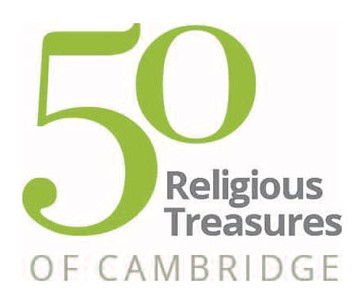Find out if the ten commandments really are set in stone with Dr Nathan MacDonald
Meet your lecturer
Nathan MacDonald is especially interested in those bits of the Old Testament that are often overlooked, such as its rituals and the priesthood.
He went to school in South Wales, originally coming to Cambridge as an undergraduate to study mathematics at Emmanuel College. Realising that theology was where his heart lay, he switched degrees, going on to graduate in theology and complete an MPhil in Classical Hebrew. Nathan did his PhD on the Old Testament at Durham University, and he has taught at St Andrew’s University, and in Germany.
Explore further
The Nash Papyrus is four ancient fragments of papyrus housed in the Cambridge University Library. It dates from the second century BCE, and is very small. When the fragments are joined together they measure 14 cm x 6 cm. The text is barely readable, but you can make out the Ten Commandments, and the ‘Hear O Israel’ prayer.
The Damascus Document is was first encountered as an 11th century CE book from the Cairo Genizah, but thanks to the Dead Sea Scrolls we now know it was based on an original from the second century BCE. The Cairo Genizah text is held in the University Library in Cambridge. It tells the story of a Jewish community being formed in the desert. It lays out the various laws that its members must follow, including details concerning punishments and warnings to people who stray from the law. It is very different from the ten commandments.
The Genizah Manuscripts is a collect of about 300,000 manuscripts written on parchment and paper from Cairo in the Middle Ages. These documents accumulated because Jewish people are forbidden from destroying anything with the name of God written on it. Some have suggested that this practice comes from the commandment not to take the Lord's Name in vain. However, it is more likely that it arose as a result of Deuteronomy 12, where people were commanded to destroy idolatrous religions but not do the same to their God.
Consider some questions
How do you think keeping the Ten Commandments might affect the way Jewish people live their daily lives today?
Many Christian churches traditionally displayed a copy of the Ten Commandments. What do you think the purpose of this might be?
In the Bible the Ten Commandments is set apart from other laws as the words that God spoke directly to the Israelites. In what ways can the Ten Commandments be seen as the epitome of God’s law?
Do you think that keeping the Ten Commandments is the most important part of Judaism?
Guidance for teachers
Download the video transcript


